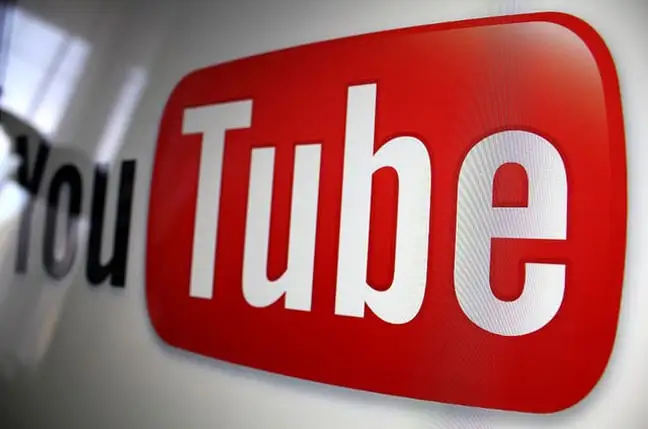Privacy advocate challenges YouTube's ad blocking detection
Privacy advocate challenges YouTube's ad blocking detection

www.theregister.com
Privacy advocate challenges YouTube's ad blocking detection

Privacy advocate challenges YouTube's ad blocking detection::Irish eyes may not be smiling